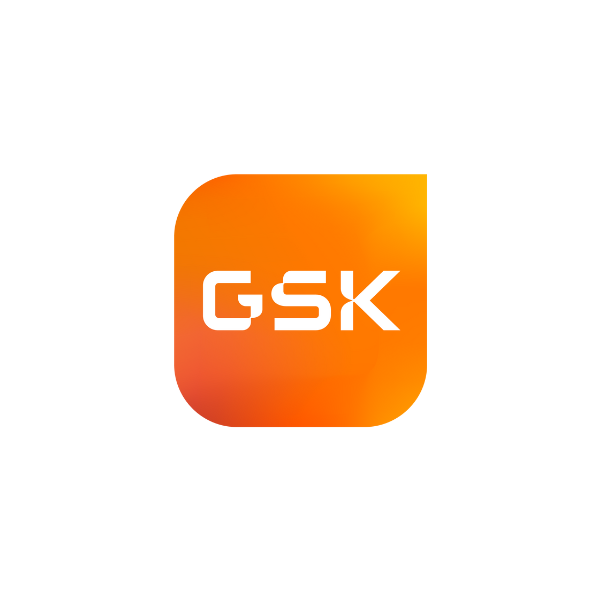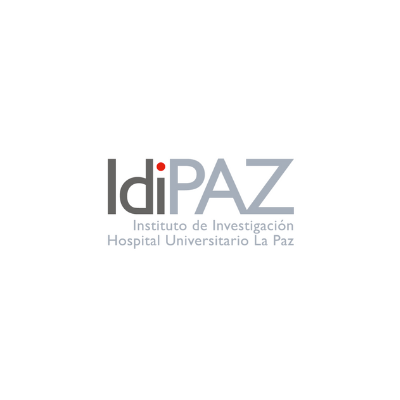EIT Health e.V., in collaboration with its partners, is seeking innovative solutions to tackle key challenges in Eosinophilic Granulomatosis with Polyangiitis (EGPA). We are looking for solutions that address the following areas:
Topic A. Early Detection of EGPA – Solutions that enhance early and accurate diagnosis, reduce misdiagnosis and delays, and enhance clinical decision-making. Potential approaches include:
- AI-Driven Early Warning Systems – Analysing patient data to flag potential EGPA cases based on symptom patterns and clinical history.
- Advanced Diagnostic Tools – AI-enhanced imaging systems for detecting EGPA-related abnormalities in lung function and tissue.
- Integrated AI-Enabled Decision Support – Combining medical imaging, electronic health records, and predictive analytics to assist clinicians.
- Screening Algorithms for Primary and Specialty Care – AI-powered screening protocols to improve early recognition and referrals.
Topic B. Novel Biomarkers for EGPA Detection – Identifying new biomarkers beyond ANCA to improve diagnostic accuracy. Potential solutions include:
- Discovery of Alternative Biomarkers – Exploring eosinophilic activation markers, cytokine profiles, and genetic signatures.
- Multiplex Diagnostic Approaches – Combining multiple biomarkers with AI analysis to enhance sensitivity and specificity.
- Point-of-Care Biomarker Testing – Developing rapid diagnostic tests for outpatient and primary care settings.
- Integration with AI and Digital Health – Using machine learning to refine biomarker-based predictive models for EGPA detection”.
Topic C. Disease Monitoring & Patient Follow-up (optional, but must be combined with a or b) – Solutions that enable continuous tracking of disease progression and treatment effectiveness. Examples include:
- Remote Monitoring Solutions – Wearable or digital health technologies tracking inflammation markers, lung function, and symptoms.
- AI-Powered Predictive Analytics – Machine learning models predicting relapses based on patient data.
- Digital Health Platforms for Multidisciplinary Collaboration – Centralised systems to enhance communication between specialists.
- Patient-Reported Outcome Measures (PROMs) – Technologies that capture real-time symptom fluctuations for personalised treatment.
- Integration of Electronic Health Records (EHRs) – Secure, real-time data sharing for comprehensive patient management.
By leveraging AI, digital health, and biomarker research, we aim to close diagnostic gaps, enhance patient management, and improve long-term outcomes for EGPA patients.







